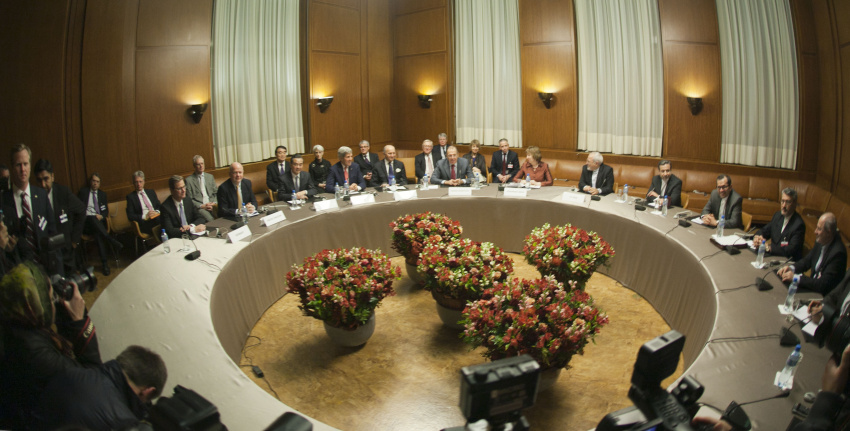The Main Challenge of Iran’s Foreign Policy Has Domestic Roots

An Iranian expert of international affairs believes: “The main challenges of Iran’s foreign policy in the next Iranian calendar year has more domestic than international roots, particularly in economic issues and increasing poverty.”
Dr Mehdi Motaharnia said: “I really believe in a statement made by former US Secretary of State John Foster Dulles who said foreign policy bridges internal issues and external affairs. Problems accumulated in Iran’s foreign policy manifested in the resignation of the country’s Foreign Minister and they will increase next year.”
“On the one hand, some uncertainty has occurred among domestic driving forces. Oil sales will fall to less than one million bpd as of June 2019; this will reduce Iran’s national strength on the international scene and bring the Foreign Ministry face to face with challenges in its operation. Furthermore, it is possible that the anger of the lower classes of society, which constitutes about 5 million of the population, will lead to public riots due to increasing poverty which will in turn encourage members of the lower and upper middle classes to join the unrest; this situation may weaken foreign policy from the inside,” said the international affairs expert.
The university professor added: “Iran’s foreign policy will face challenges including the FATF, the Joint Comprehensive Plan of Action (JCPOA), relations with the European Union regarding the JCPOA, relations with Russia in Syria and pressures exerted by the US to restrict Iran’s presence in the region. In addition, Iran’s transition from a “challenge” to an “enemy” in the US national security strategy is another challenge facing the country’s foreign policy.”
Referring to the challenges of Iranian forces withdrawing from Syria, Motaharnia said: “The Syrian government will discuss the issue within the framework of the departure of foreign military forces from Syria in order to prevent Iran from feeling that it was defeated. This will happen with Russian help and Moscow will in turn benefit from the regional and international advantages of its cooperation with Tel Aviv, Riyadh and Washington.”
As for the prospects of the Instex financial mechanism in the new Iranian calendar year, Motaharnia said: “Failing to implement this mechanism does not necessarily mean failure of the foreign policy of President Hassan Rouhani’s government or the failure of Zarif personally. Because this issue is related to the Islamic Republic establishment as a whole. Following the US pull out from the JCPOA, Iran could have set fire to the nuclear deal; but this was not a decision to be made by Zarif or Rouhani in person. The decision was beyond the power of the government. Turning to Europe was indeed an effort to save the JCPOA and cause a row between the two sides of the Atlantic and also prevent the formation of an international consensus against Iran which was successful to some extent.”
Motaharnia further commented on strategies to reduce tensions in Iran’s foreign policy by saying: “The Islamic Republic is a system based on ideology and gives more priority to ideological propositions which are based on divine revelations rather than national interests. Iran’s Supreme Leader as an Islamic jurist (Faqih) believes in divine support and insists on solving any dispute between Iran and regional or international systems in accordance with maintaining Iran’s supremacy and preventing the hegemony of arrogant world powers. Therefore, as long as the situation remains unchanged, the same challenges will persist unless, in a surprising move, Iran will finally accept that stressing on national interests would highly serve the interests of Islam and the Islamic establishment.”
Source: Persia Digest

